Nowadays credit ‘serves as an elavator’. It no more “Supports the farmers as the hangman’s rope supports the hangedâ€. Credit is essential because agriculture takes months to obtain the yield. The present monography attempts to deal with the impact of co-operative credit on socio-economic and technological aspects of agriculture sector. The real success of co-operative credit depends on micro-level achievements of the PACS and PLDBs. The PACS are entitled to disburse the ST and MT loans while LT loans are being disbursed by LDBs. But most of the credit benefits are being harnessed by rich peasantry. Not only this but they have a control on PACS management, whereas co-operatives are meant for the backwards. Credits is responsible to transform the cropping and land use patterns with remarkable increase in the productivity and employment in-farm and off-farm activities. Both socio-economic change has been brought by credit, however, credit will not claim the change by it alone. The use of bio-technology and mechanical technology has gone high phenomenally, because of credit. Irrigation, investment in human capital and investment in industrial activities have been brought in by credit first and then sugar co-operatives in Maharashtra. If co-operatives are to be successful in bringing effective improvement in the well being of the rural populations as quickly as possible, then the co-operative movement must be armed with morality, dignity and equality. In most of the developing countries the co-operative movement must be armed with morality, dignity and equality. In most of the developing countries the co-operatives strategy has been accepted as the most appropriate instrument of achieving the goals of the economy. However, the system should be restructured and reframed for further consolidation of the confidence and economic gains obtained by the rural population.
Irrigation Water Pricing
$46.80
$52.00

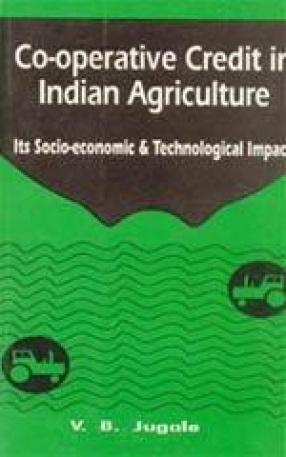
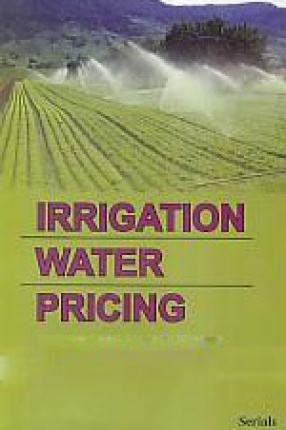
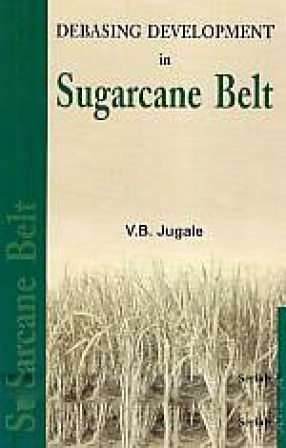
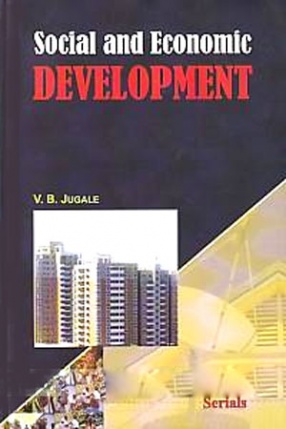

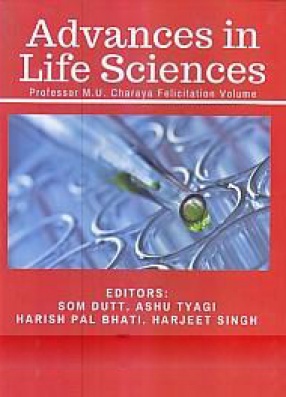
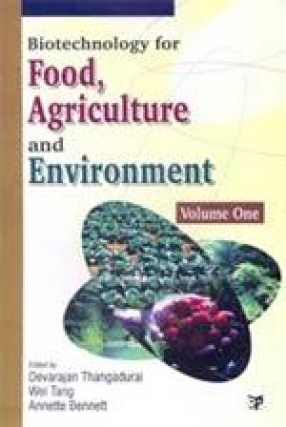
There are no reviews yet.